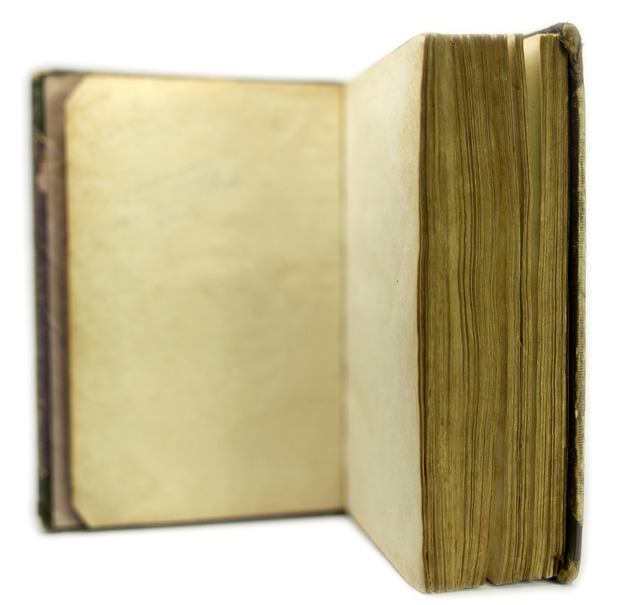David Sklansky's The Theory of Poker is a seminal book in the field of books about casinos, introducing revolutionary poker strategy concepts like pot odds, bluffing, and position analysis. These principles, emphasizing game theory and mathematical thinking, have widespread applicability across various casino games, making it an indispensable resource for understanding successful gambling strategies.
“Uncover the strategic depths of poker with The Theory of Poker by David Sklansky—a seminal work that transforms the game into a scientific study. This article explores the profound impact of Sklansky’s approach, delving into key concepts that have shaped modern poker strategy. We’ll navigate his influential ideas and their applicability to casino games, offering insights for both enthusiasts and professionals in the world of books about casinos.”
- Understanding David Sklansky's Poker Strategy
- Key Concepts in The Theory of Poker
- Applying Poker Theory to Casino Games
Understanding David Sklansky's Poker Strategy

David Sklansky, a renowned poker expert and author, has significantly contributed to the field through his groundbreaking book, The Theory of Poker. This seminal work delves into the strategic aspects of the game, offering valuable insights that extend far beyond casual players. Sklansky’s approach emphasizes mathematical analysis and probability theory, providing a structured framework for decision-making at the poker table.
In his writing, Sklansky guides readers through the intricate web of poker strategy, from understanding pot odds to mastering bluffing techniques. The books about casinos that he has authored serve as invaluable resources for both beginners and seasoned players looking to enhance their skills. By combining theoretical knowledge with practical applications, The Theory of Poker equips readers with the tools needed to navigate the complex dynamics of this popular game.
Key Concepts in The Theory of Poker

David Sklansky’s The Theory of Poker is a seminal work that introduces several key concepts revolutionizing the way we approach poker and gambling. Among these, the most notable are game theory principles and their application to poker strategy. Sklansky emphasizes the importance of understanding ranges of possible opponent hands, allowing players to make more informed decisions based on probability and potential outcomes.
Another crucial concept is position, which refers to a player’s place in relation to the dealer. In The Theory of Poker, Sklansky highlights that later positions offer advantages due to the ability to observe other players’ actions. This knowledge, combined with careful bet sizing and hand selection, can lead to significant gains in poker tournaments and cash games, making it a vital consideration in any successful poker strategy. These concepts, deeply explored in books about casinos, continue to shape modern poker playing and theory.
Applying Poker Theory to Casino Games

The Theory of Poker by David Sklansky offers insights that transcend the confines of poker tables, finding applications in various casino games. Sklansky’s principles, detailed in his seminal work, provide a framework for strategic decision-making under uncertainty—a common thread across numerous gambling disciplines.
By understanding and implementing concepts such as expected value, pot odds, and positional advantage, players can enhance their performance not only in poker but also in popular casino games like blackjack, roulette, and slots. Books about casinos often explore these strategies, highlighting how The Theory of Poker serves as a foundational text for anyone seeking to demystify the mathematics and psychology behind successful gambling.
David Sklansky’s The Theory of Poker remains a cornerstone for strategic play, offering valuable insights into casino games. By understanding key concepts like range, pot odds, and bluffing, players can enhance their decision-making skills. This book is an indispensable resource for anyone serious about improving their poker game and navigating the complexities of gambling. For those seeking deeper knowledge in the realm of books about casinos, The Theory of Poker offers a comprehensive guide that continues to resonate across various games, making it a timeless classic.






